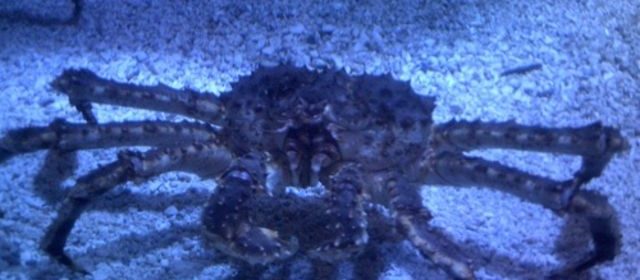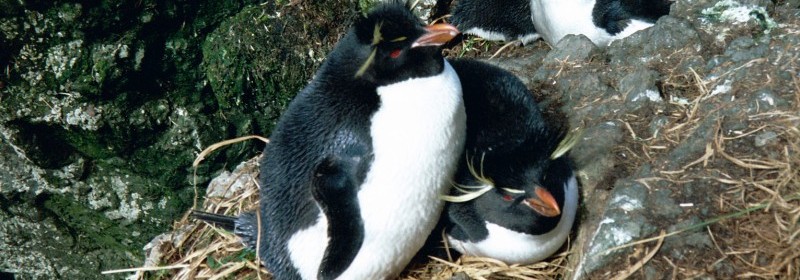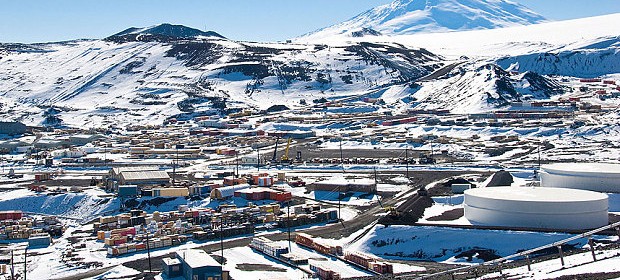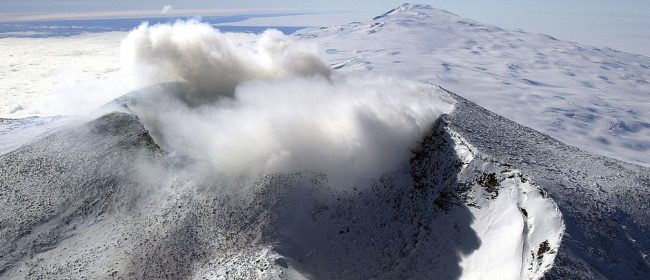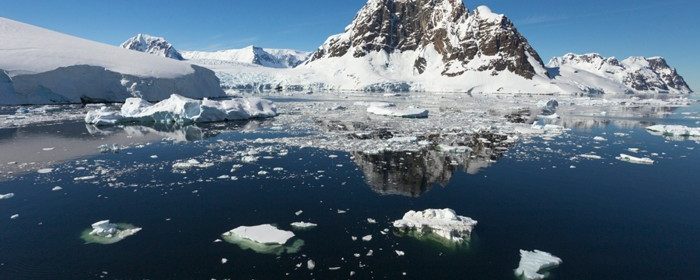Blood Falls: Flowing Network Discovered Below Antarctica’s Dry Valleys
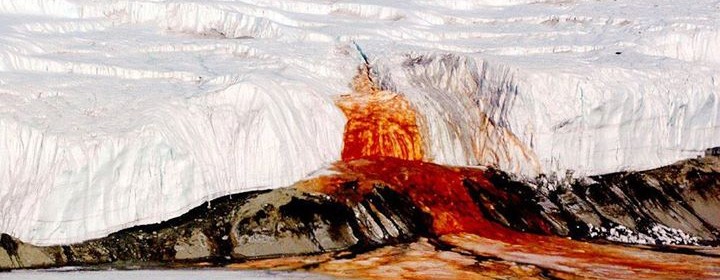
Research shows there may be an entire world underneath Antarctica’s ice-free Dry Valleys, which on the surface may seem hostile to life. Below the surface lies rivers of liquid salt water which flow into subsurface lakes, every drop of which could be swarming with microbial life. One of Antarctica’s most unique features, the briny, rusty-red colored Blood Falls, could possibly […]
Read more
